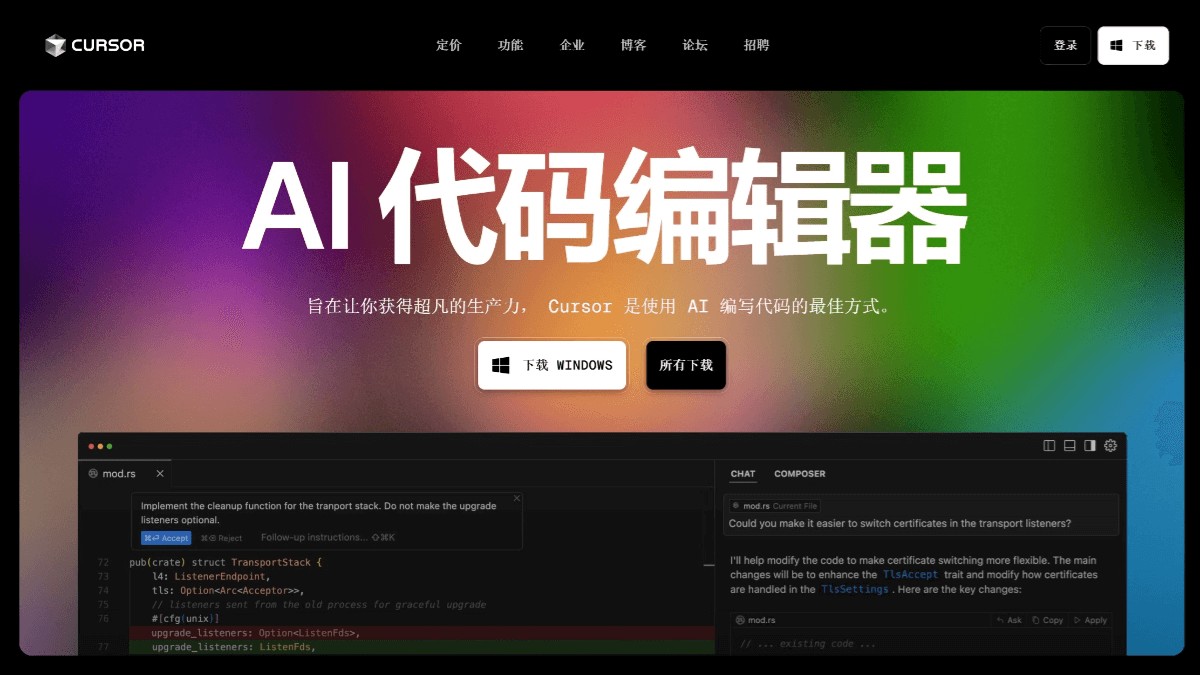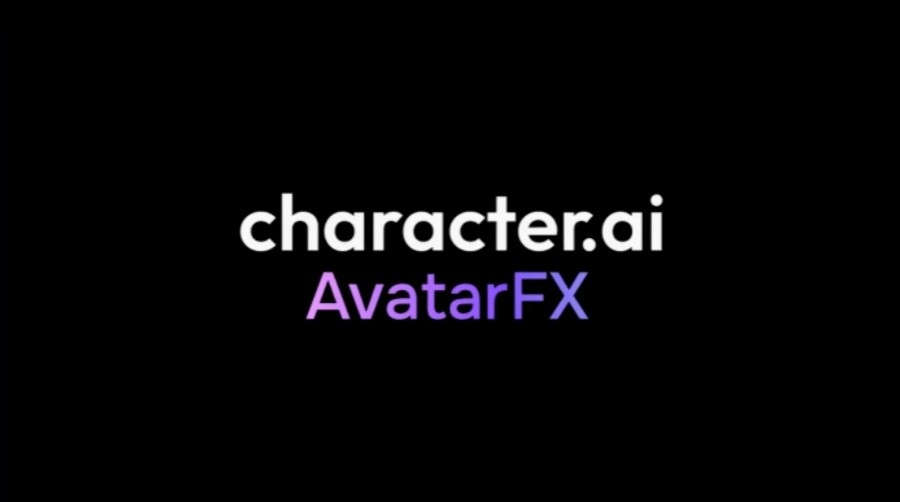The widespread use of artificial intelligence has significantly increased energy demand and inspired leading technology companies to consider nuclear energy as a viable and sustainable energy source. At the same time, advances in nuclear power are providing the infrastructure needed to maximize AI capabilities.

The relationship between artificial intelligence and nuclear technology can be described as symbiotic, with each field enhancing the potential of the other.
Earlier this month, Meta announced it was seeking advice from nuclear power developers to help the tech giant achieve its artificial intelligence and environmental goals. The company hopes to add 1 to 4 gigawatts (1 GW = 1 million kilowatts) of new nuclear energy capacity starting in the early 2030s.
"At Meta, we believe nuclear energy will play a key role in the transition to a cleaner, more reliable and diverse grid," the company said in a press release.
Meta is not the only company interested in nuclear power amid surging electricity demand. Amazon has agreed to buy a nuclear-powered data center from Talen Energy for $650 million. The campus is powered by the nearby Susquehanna Nuclear Power Plant and will provide Amazon with reliable, carbon-free energy. The deal supports Amazon's goal of becoming net-zero carbon by 2040.

Google also has a deal with Kairos Power to use small nuclear reactors to provide the bulk of the energy needed for its artificial intelligence data centers. The protocol supports AI-driven progress by providing clean, reliable energy. It also promotes nuclear energy as a carbon-free solution to meet global electricity needs and drive decarbonization.
“The grid needs new sources of power to support AI technology,” said Michael Terrell, senior director of energy and climate at Google. “This agreement helps accelerate a new technology that can cleanly and reliably meet energy needs and unlock power for everyone.” The full potential of artificial intelligence.”
As the world grapples with growing energy demands and the urgent need to combat climate change, clean and reliable energy is more important than ever. Against this backdrop, nuclear energy is increasingly seen as a key part of the solution.
"If we do it right, nuclear energy will help us meet our climate goals," Bill Gates told the media. "That is, eliminating greenhouse gas emissions without making the power system more expensive or less reliable. "
"Nuclear power has some incredible advantages," Gates added. "It's not dependent on the weather. You can build a factory, but the amount of energy produced by a very small factory is huge."
Moving to the other side of the equation, let’s now look at how AI can contribute to the advancement of nuclear technology. One of the key ways it helps is by improving the design, efficiency and safety of next-generation reactors.

Yang Liu, a professor of nuclear engineering at Texas A&M University, is using artificial intelligence (AI) and machine learning (ML) to enhance the simulation and operation of nuclear reactors. As part of the DOE award, Liu focused on molten salt reactors, a type of nuclear reactor that offers greater efficiency and safety than conventional reactors.
The research uses artificial intelligence for "physical information modeling," using experimental data to train machine learning models. These models are then refined by adding physical constraints to ensure they are consistent with the real behavior of a nuclear reactor. The project also explores the use of machine learning to simulate experiments, reducing the need for expensive and complex physical testing.
"We are in the era of big data, just like on the Internet, where people are generating terabytes of text, images and videos every day," Liu said. "In the nuclear engineering community, we are also entering an era of big data. Big data From high-fidelity simulations and high-resolution experiments.”
"There's still a lot of work to be done," Liu emphasized. "We need to show that the reactor is safe, and if we build a commercial-scale reactor to generate electricity, we need to show that the reactor is efficient and profitable."
Artificial intelligence advances nuclear technology by optimizing reactor design, improving safety and reducing costs. Additionally, it improves fuel management, ensuring optimal fuel usage and minimizing waste.

The integration of artificial intelligence and nuclear technology contributes to mutual promotion and sustainable development. However, there are obstacles along the way, including technical challenges and regulatory issues. Nuclear operations are often highly sensitive and may require greater reliability and precision. As 2025 approaches, we'll look to see how companies and governments plan to address these obstacles.



